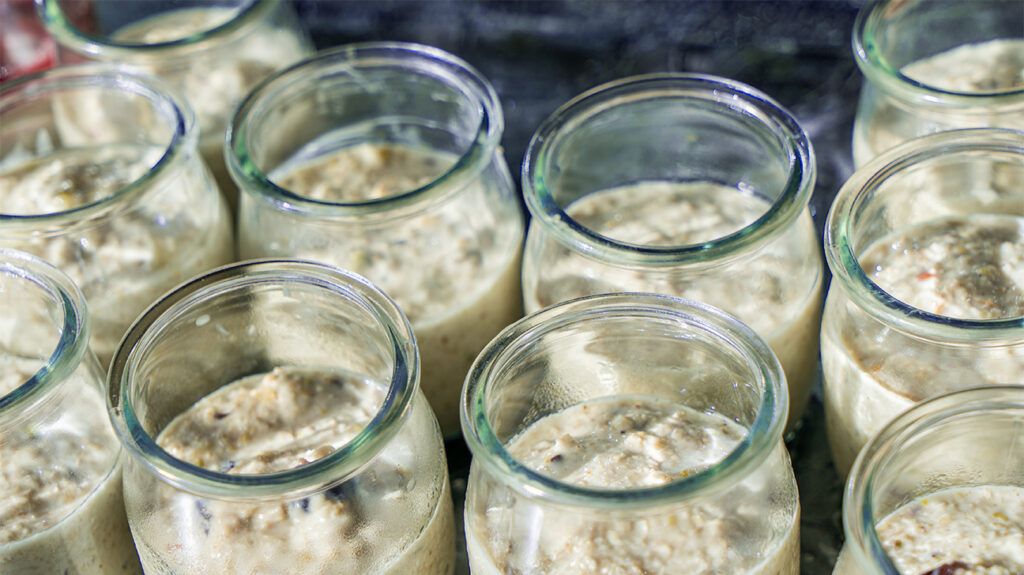The Impact of Minimally Processed Foods on Weight Loss: New Study Insights

Discover how choosing minimally processed foods can double your weight loss results and improve overall health. A new study highlights the benefits of eating whole, nutrient-dense foods for effective weight management.
Unlocking the Secret to Effective Weight Loss
Modern research highlights the significant benefits of consuming minimally processed foods for weight management. A recent randomized crossover trial demonstrated that individuals who followed a diet rich in minimally processed foods lost twice as much weight compared to those consuming ultra-processed foods. Both groups adhered to a balanced diet based on UK guidelines, but their outcomes varied based on food processing levels.
Participants eating minimally processed foods reduced their daily calorie intake by nearly 290 calories and lost about 2% of their body weight, which could translate to up to 13% over a year for men. In contrast, those on ultra-processed foods reduced intake by around 120 calories and lost only 1% of their weight.
Interestingly, the study observed that ultra-processed foods did not increase bad cholesterol levels as expected, suggesting that not all processed foods impact health uniformly. The findings underscore the importance of dietary quality, emphasizing whole, nutrient-dense foods to support weight loss and overall health.
In addition to weight loss, individuals on a minimally processed diet reported fewer cravings, improving adherence and success in long-term weight management. Experts note that focusing on the nutritional value and quality of foods might be even more crucial than merely avoiding processed items.
This study, published in Nature Medicine, reinforces dietary guidelines advocating for a balanced intake of natural, minimally processed foods to promote weight loss, metabolic health, and sustained wellness.
Stay Updated with Mia's Feed
Get the latest health & wellness insights delivered straight to your inbox.
Related Articles
Study Shows Salt Warning Labels on Menus Influence Consumer Choices and Reduce Salt Intake
Salt warning labels on restaurant menus significantly influence consumer choices by reducing salt intake and increasing awareness, supporting public health efforts to lower diet-related health risks.
Understanding Differences Between Food Allergies and Intolerances
Learn to distinguish between food allergies, intolerances, and sensitivities to better manage symptoms and improve health. Understanding these differences is key to proper diagnosis and treatment.
Impact of Calorie Labeling: Modest Reduction in Energy Content of Menu Items in England
Research shows that calorie labeling in England leads to a small, 2% reduction in the energy content of menu items, primarily through item removal rather than reformulation, with limited overall health impact.
Eating a Cup of Beans Daily Can Enhance Heart and Metabolic Health
A 12-week study reveals that eating a cup of beans daily can improve cholesterol and reduce inflammation, supporting heart and metabolic health—an easy, cost-effective dietary change.



